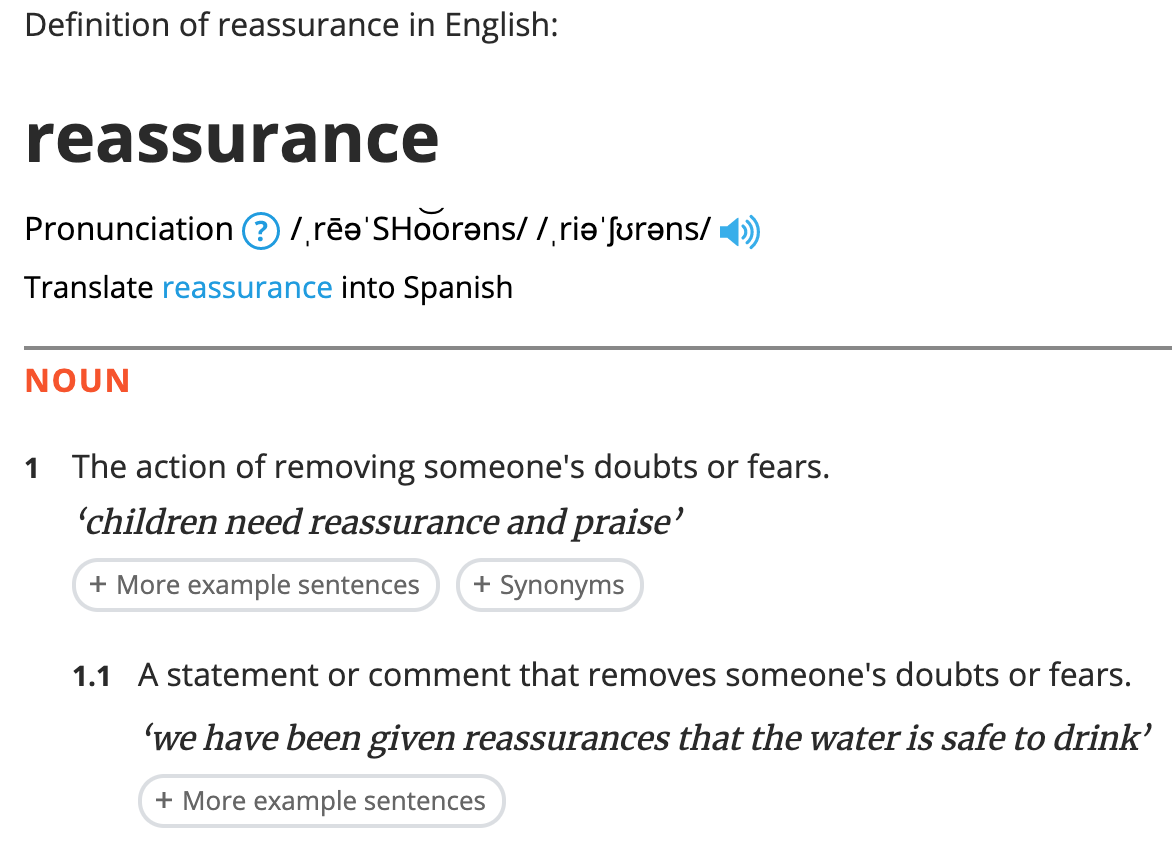Reassurance is Futile

"Reassurance is futile"
These words aren’t my own. I’m stealing them from Seth Godin.
I was recently on an exclusive Zoom call with Seth and other altMBA alums to talk about his upcoming book The Practice that will be coming out in November.
During the call, we would discuss a topic that is covered in his book and then break out into small groups of 4-5 of us to discuss what it means to us and the creative work we’re doing.
To kick off our discussion around reassurance, he said, “reassurance is futile.”
He also mentioned that reassurance is not equivalent to useful feedback.
When we broke out into our breakout rooms, we were asked to discuss a question to the effect of “what if you didn’t need reassurance?” and “how would your work be without it?”
In the limited time, we had to think about these questions, I didn’t have a good answer.
Mostly because I realized at that moment how heavily reliant I’ve been on reassurance. Mostly subconsciously- until now.
I think we all are overly-reliant on reassurance these days and fervently seek it out through our social networks.
After the call, I couldn’t stop thinking about that question.
My conscious or subconscious quest for reassurance definitely has an impact on the work I do. Not to mention my mood.
I generally knew what reassurance meant but wanted to look up a formal definition
Here’s what I found on lexico.com:

The action of removing someone’s doubts and fears.
Think about that for a moment.
Are doubts and fears necessarily a bad thing? Without them, how do we know we’re moving in the right direction and stretching ourselves?
Don’t get me wrong. No feedback isn’t beneficial, either. But there’s a difference between generous, useful feedback and reassuring feedback.
Useful feedback is a better way toward building on our work and getting better.
But, what if we eliminated the ease with which reassurance was doled out? What if you shared your thoughts or work, and it wasn’t even possible for someone to click ‘like’?
What if the only kind of feedback was generous, useful feedback? Would you get better?
If the fear and doubt are gone, would you continue to explore the edges of what better could be?
Photo by Tyler Nix on Unsplash
I've recently launched a coaching service for people who are serious about taking a long-term approach to their career.
You can find out more about it on my site Mauka Career Marketing.
-1.png?width=400&height=100&name=Website%20Logo%20-%20400x100%20(transparent%20background)-1.png)
